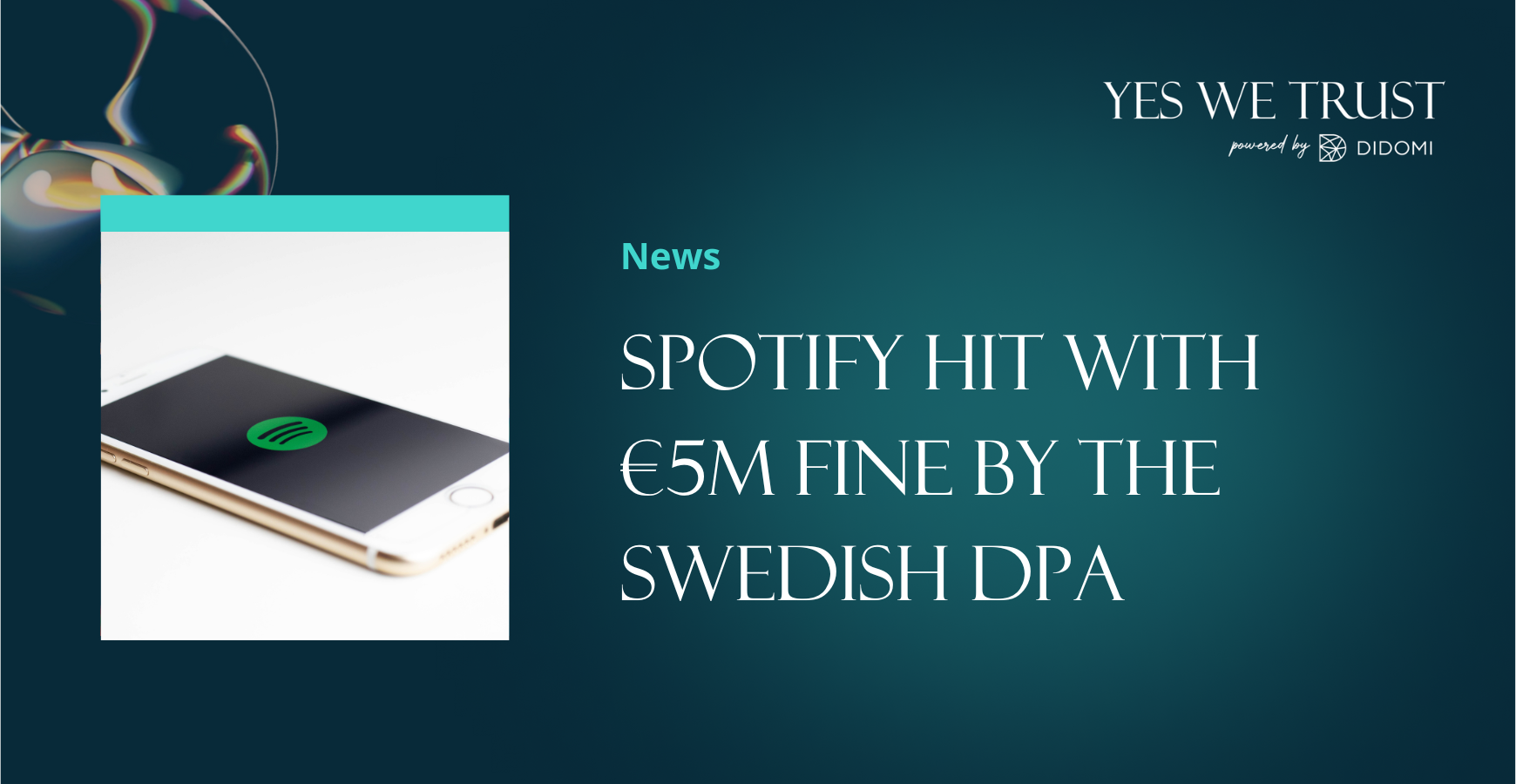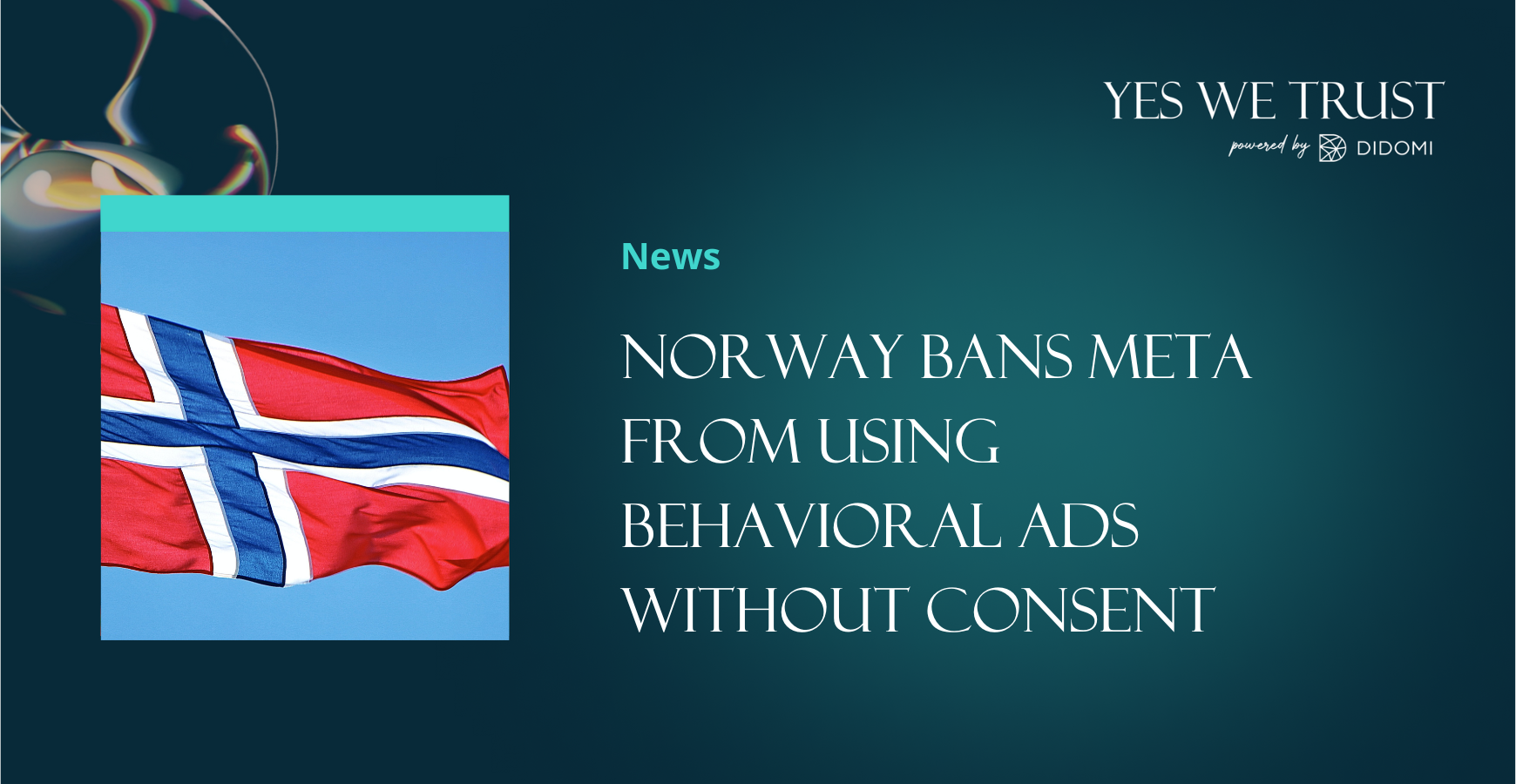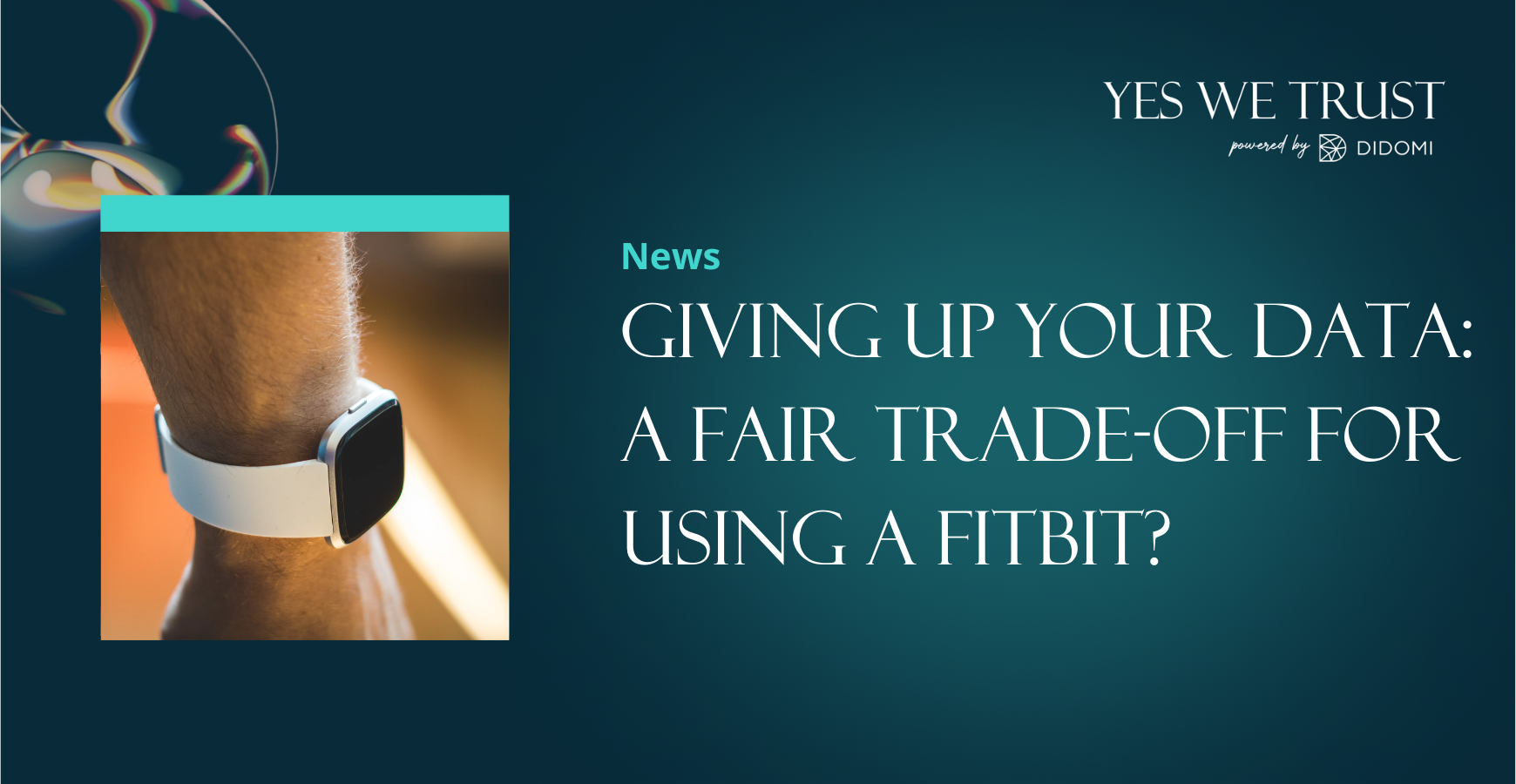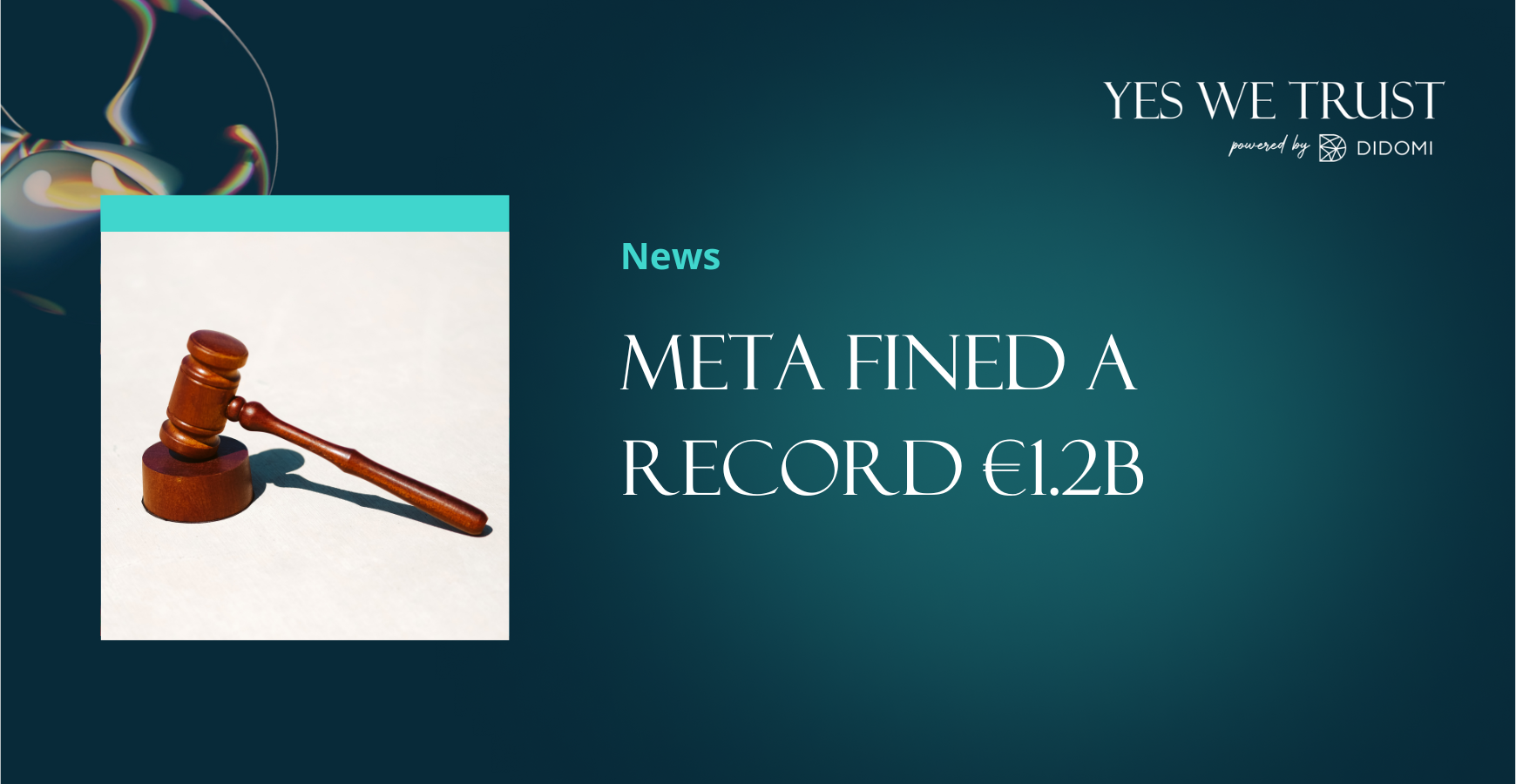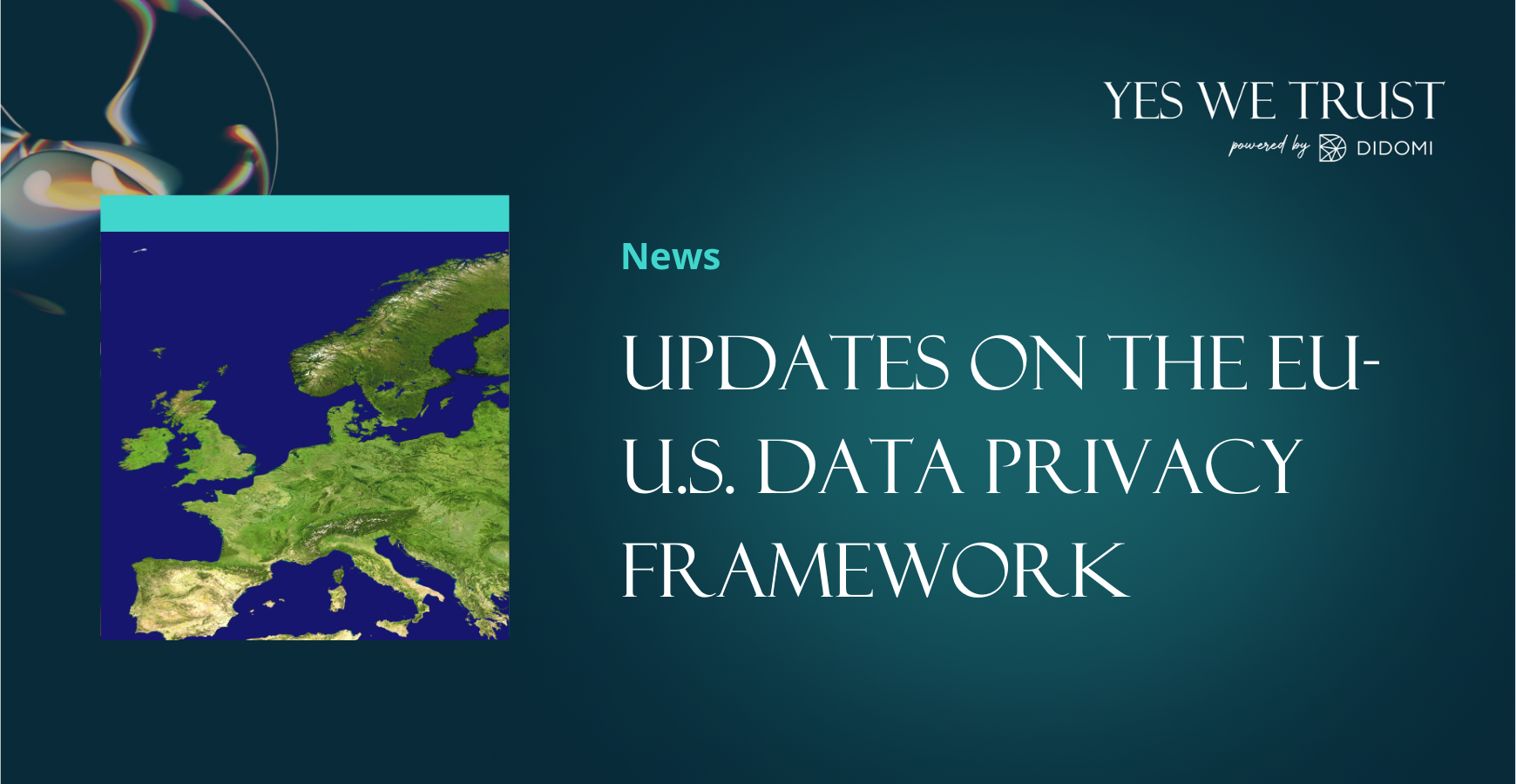Summary
As of yesterday, privacy advocacy group NOYB has lodged a GDPR complaint against Meta with the Austrian data protection authority. The complaint focuses on Meta's implementation of a "Pay or Okay" system which rolled out this month, where European users are presented with the choice of consenting to personalized advertising tracking or paying up to €251.88 annually to safeguard their data privacy on Instagram and Facebook.
NOYB contends that the associated cost is unacceptable and cites industry statistics indicating that almost 3% of users desire tracking, while over 99 percent opt against payment when confronted with a "privacy fee." The group warns of potential widespread adoption of this model by competitors if Meta is not held accountable.
|
“More than 20% of the EU population are already at risk of poverty. For the complainant in our case, as for many others, a ‘Pay or Okay’ system would mean paying the rent or having privacy.” -Max Schrems, Founder of NOYB (Source: NOYB) |
The complaint points out that this move by Meta is another attempt to find a way round EU privacy laws. The European Court of Justice had previously ruled Meta's handling of user data for personalized ads as illegal, resulting in a €390 million fine from the European Data Protection Board in January. Despite these penalties, Meta is now seeking to charge users for choosing a privacy-friendly setting.
|
“EU law requires that consent is the genuine free will of the user. Contrary to this law, Meta charges a “privacy fee” of up to €250 per year if anyone dares to exercise their fundamental right to data protection.” -Felix Mikolasch, Data protection lawyer at NOYB (Source: NOYB) |
Under EU law, consent to online tracking and personalized advertising must be freely given.
The complaint stresses that the "Pay or Okay" model fundamentally compromises users' free will, with scientific research indicating that such systems affect the genuine consent of users.
There could be potential domino effects, with TikTok reportedly testing an ad-free subscription outside the US, and other app providers potentially following suit, rendering online privacy financially unattainable. NOYB argues that fundamental rights should be universally accessible, and not a luxury for the affluent. The complaint urges the Austrian data protection authority to initiate an urgent procedure to halt the illegal processing and proposes imposing a heavy fine to dissuade other companies from replicating Meta's approach.
What do you think about this move? Join the conversation in our Yes We Trust community, a free discussion group for data privacy professionals and enthusiasts, on LinkedIn:



